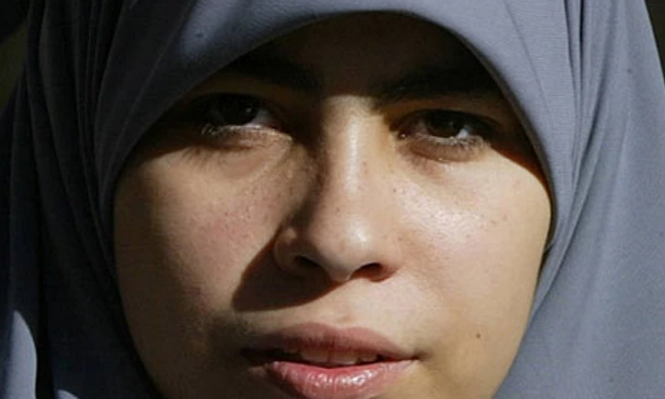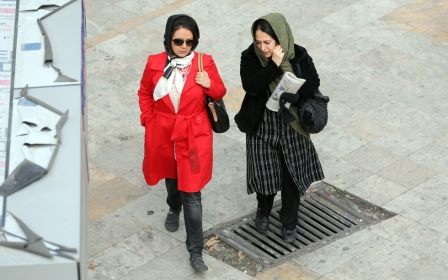Europe's top court upholds French headscarf ban

The case was brought by Christiane Ebrahimian in 2011, now 64, a social worker at the psychiatric department at a public hospital in Nanterre.
Back in 2000, the hospital refused to renew Ebrahimian's contract "on account of her refusal to remove her headgear and following complaints from patients", the ECHR said.
Then in 2002, France's Administrative Court found that the hospital’s decision "had been in accordance with the principles of secularism and neutrality of public services".
The ruling was upheld in 2004 and 2005 by both the Paris and Versailles Administrative Courts of Appeal.
Europe's top court ruled on Thursday the ban did not violate Article 9 - right to freedom of religion - of the European Convention on Human Rights.
The move was not wholly unexpected after the Strasbourg court in 2014 rejected a challenge to France's 2010 general ban on the burqa, which cannot be worn in public.
Belgium also banned the burqa in 2011 with the Ticino region in Switzerland adopting a law banning the full face veil this week. Under the new regional law, enacted following a referendum in 2013, women seen wearing the veil in public will be fined up to $9,800.
France's 1905 secularism law bans public employees from displaying religious beliefs at work. In 2004, the law was extended to ban students from wearing any "conspicuous signs" of religion, such as headscarves, skullcaps or crucifixes at schools.
New MEE newsletter: Jerusalem Dispatch
Sign up to get the latest insights and analysis on Israel-Palestine, alongside Turkey Unpacked and other MEE newsletters
Middle East Eye delivers independent and unrivalled coverage and analysis of the Middle East, North Africa and beyond. To learn more about republishing this content and the associated fees, please fill out this form. More about MEE can be found here.




